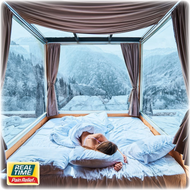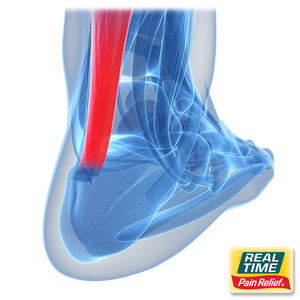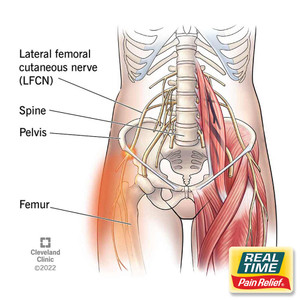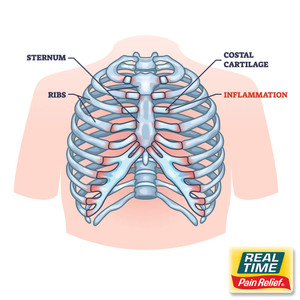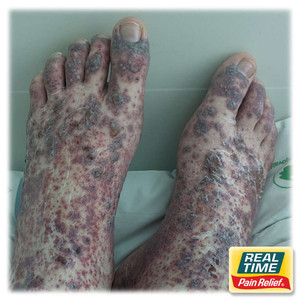9 Simple Tricks to Get Better Sleep Tonight
7th Dec 2022
Are you struggling to get good, restful sleep? You are not alone. Here are 9 simple tricks to help you get better sleep tonight! Sleep is a critical part of our wellness and it plays a major role in our lives. I mean we do it everyday! But sleep disorders are a serious problem that can cause a rather vicious cycle, especially for those experiencing chronic pain. It has been revealed that pain is the top contributor to sleep disorders. In turn, disrupted sleep contributes to pain conditions. See the cycle? Luckily, there are some things you can do to get better sleep:
1. Stick to a Schedule
Your biological clock thrives with consistency. A regular sleep schedule of waking up and going to bed at the same time everyday, all seven days of the week, improves your sleep immensely. Sticking to your body’s schedule optimizes the quality of your sleep, minimizes tossing and turning, and may even lead you to throwing out your alarm clock!
2. Stay Away From the Stimulants
Stimulants, in all their forms, should be avoided if you’re concerned about your sleep routine. Nicotine and caffeine are only a couple of the widely used stimulants today. Smokers are approximately 4 times more likely to report not feeling well rested from a night’s sleep versus non-smokers. And caffeine, from all it’s sources, stays in your system approximately 8 hours. So do yourself and your sleep a favor and throw out the cigarettes and cut your coffee off in the afternoon. Keep in mind how rewarding restful sleep will be after these changes.
3. Try Topical Pain Relief
If pain is one of the things interfering with your slumber, a topical pain relief might be a solution to get better zzz’s. Topical creams, sprays, and ointments can also be a great way to reduce pain, and they are applied directly to the area in pain. One of the advantages of using a topical medication is it reduces pain without the unwanted side effects that pills can have. When choosing a topical medication, check the label for ingredients like menthol, turmeric, hemp oil, arnica, capsicum, and more.
4. Breathe Deeply
Meditation can be a scary suggestion to some people because quite frankly, it is harder than it seems without building a practice (which I do absolutely recommend by the way). But just focusing on taking deep breaths relaxes your body, reduces your heart rate, and releases endorphins. Try the 4-7-8 breath: Inhale through your nose for a count of 4, comfortably hold it for 7, and exhale deeply through your mouth for a count of 8. You will be able to feel your body relax!
5. Turn Off the Lights
Light exposure is a crucial component to getting quality sleep. Melatonin is a hormone that makes us sleepy and sure enough it is regulated by our exposure to light. Therefore, less light, more melatonin and better sleep! The blue light produced by your television, phone, or computer is especially disruptive, but even a night light or a street light peaking through your blinds can trick your brain that it’s time to be awake. Ideally, the best light for sound sleep is none at all.
6. Journal
Does your mind keep you up? It’s hard to shut it off, isn’t it? If you can relate, write it out. Dedicate a journal to your worries or the thoughts you don’t want to lose. Once it is on paper you are allowing it to leave your mind and you can decide tomorrow if you need to spend more time thinking about it or not.
7. Mask the Sound
It is difficult to fall into a deep sleep with noise in the background. Some people claim to sleep better with the television on, for example. However, studies have shown when sleeping with significant noise, whether it be your tv, kids downstairs, or your dog begging for attention, it is much harder to get into a deep sleep cycle. Instead, it is recommended to utilize white noise. White noise is an excellent way to mask other unwanted noises, while creating a more relaxing sleep environment.
8. Stay Cool
It is often recommended to take a warm shower or bath before bed (and I agree). However, it is not just to relax your body, but to help regulate your temperature. Once you get out of that warm bath, your body temperature drops leaving you colder than before your bath. Jumping right into bed, dressed in cool sheets, prepares your body for restful sleep. While everyone is different, research suggests that maintaining a room temperature between 65° and 75°F is ideal for restful sleep.
9. Smell Your Way to Sleep
Whether it be a spray bottle or a diffuser for essential oils, the sense of smell is a very powerful tool for your health and sleep. Scents such a lavender, eucalyptus, and chamomile are only a few that aid in your brain’s process of relaxing. Spray some scents on your pillow or diffuse essential oils in your bedroom. Either way is a step forward in improving your sleep (and making your home smell great).
Sleep tight!
For over 20 years, families across the U.S. have turned to Real Time’s lotions and creams for PAIN RELIEF YOU CAN TRUST®. From Lifestyle Essentials, through our Nujuvena line, to Pain Relief Formulas, Real Time has you covered.

